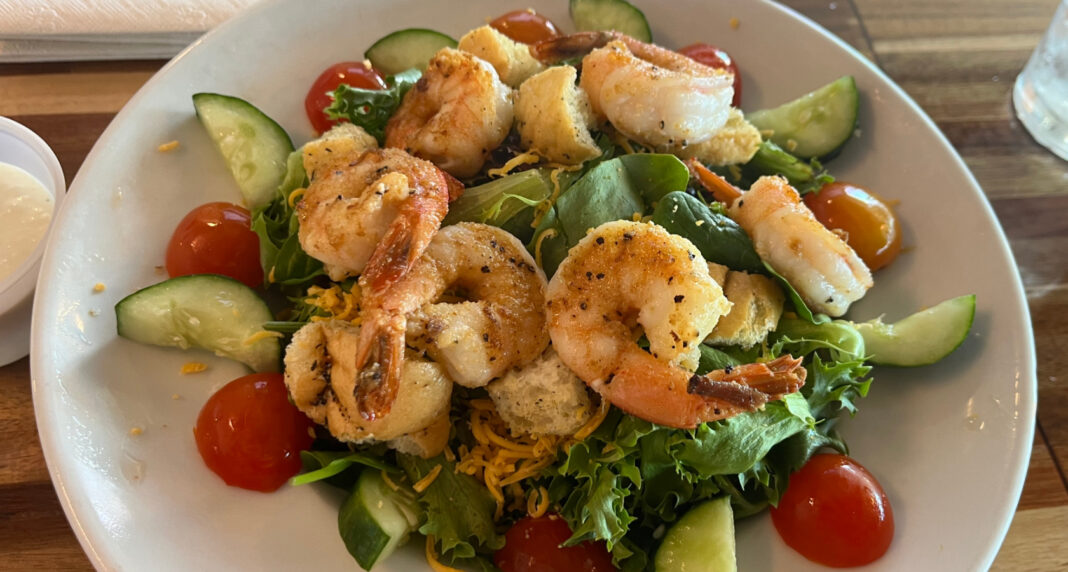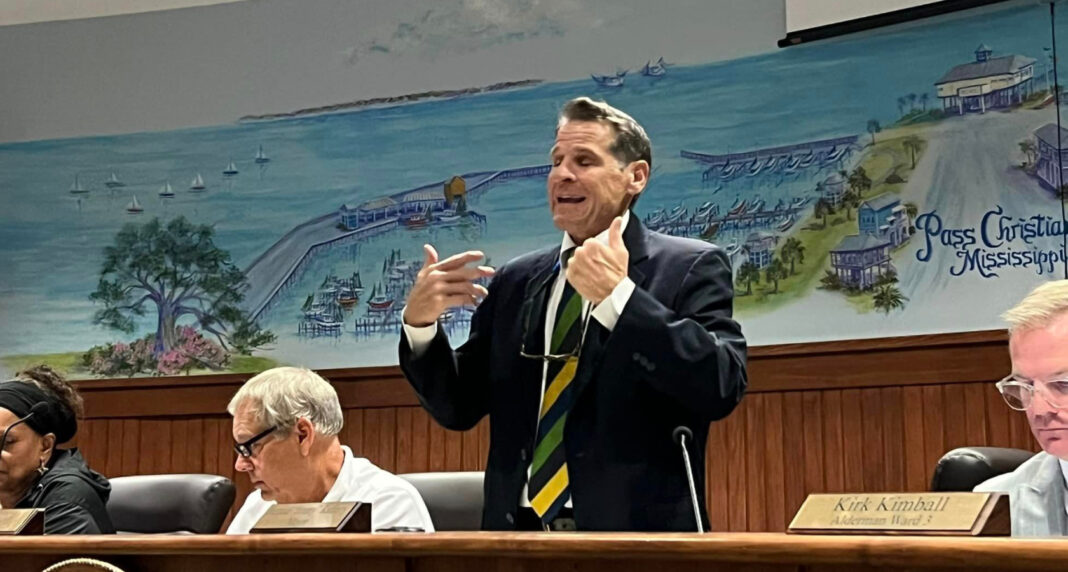BILOXI, MS – Diners expecting a taste of the Gulf’s finest seafood might be getting duped. A new investigation has revealed that many Mississippi Gulf Coast restaurants claiming to serve fresh, locally caught shrimp are instead serving imported, lower-quality alternatives.
Conducted by SeaD Consulting, the study exposes rampant mislabeling that’s defrauding customers and threatening the livelihoods of local shrimpers. This revelation follows the fallout from a major seafood scandal at Biloxi’s famed Mary Mahoney’s Old French House, further highlighting the widespread nature of the issue.
Investigation Reveals Alarming Findings
SeaD Consulting’s investigation tested shrimp samples from 44 restaurants across Biloxi, Gulf Shores, and nearby areas. The results were startling:
- 39% of “Gulf White Shrimp” Was Not Local: Seventeen restaurants served imported shrimp while marketing it as Gulf White Shrimp.
- 92% of “Royal Red Shrimp” Misrepresented: Twenty-two of 24 restaurants substituted lower-value Argentinian shrimp for the FDA-protected Gulf Royal Red Shrimp.
- 82% of Restaurants Misled Diners: Only eight establishments were found to honestly advertise and serve genuine Gulf shrimp.
Consumers often paid premium prices for fraudulent dishes, with plates costing up to $24.95 each. “This isn’t just about false advertising,” said Erin Williams, COO of SeaD Consulting. “It’s about eroding trust, damaging livelihoods, and cheating diners who expect authenticity.”
Honest Restaurants Leading the Way
Amid the deception, SeaD Consulting highlighted eight restaurants that passed the test, proving their commitment to serving 100% genuine Gulf shrimp:
- Anthony’s Under the Oaks – Ocean Springs, MS
- Bayview Café – Biloxi, MS
- Da Best Wings – Gulfport, MS
- Parrain’s Jambalaya Kitchen – Biloxi, MS
- Patio 44 – Biloxi, MS
- Port City Café – Biloxi, MS
- Rouse’s Market 88 – Biloxi, MS
- Phoenicia Gourmet Restaurant – Ocean Springs, MS
These establishments set the standard for transparency and integrity in sourcing seafood. SeaD Consulting did not reveal the names of restaurants found to have lied about serving Gulf Coast shrimp.
Mary Mahoney’s Scandal: A Symptom of a Larger Crisis
The findings echo a recent seafood fraud scandal at Mary Mahoney’s Old French House, a Biloxi landmark. The restaurant and its co-owner, Anthony Charles Cvitanovich, were sentenced in November 2024 for conspiring to misbrand imported seafood as locally caught fish. Between 2013 and 2019, the restaurant misrepresented approximately 58,750 pounds of imported fish from Africa, India, and South America as premium Gulf seafood. Mary Mahoney’s was fined $1,499,000 and placed on five years of probation, while Cvitanovich received three years of probation and four months of home detention.
“Misbranding foreign seafood as premium, locally caught fish hurts the Gulf Coast seafood industry and defrauds customers that paid to taste the real thing,” said U.S. Attorney Todd Gee.
The Impact on Local Shrimpers and Diners
Seafood fraud not only deceives diners but also damages the Gulf Coast’s economy. Wild-caught Gulf shrimp are more expensive and harder to source than their imported counterparts, which often come from regions with fewer environmental regulations. Dishonest practices undermine the hardworking shrimpers who depend on consumer demand for authentic Gulf seafood.
What Can Consumers Do?
SeaD Consulting urges consumers to fight back against seafood fraud. Diners are encouraged to ask questions about the origin of shrimp and request proof of authenticity, support ethical restaurants that prioritize transparency and local sourcing, and advocate for stronger regulations and enforcement. SeaD Consulting’s RIGHTTest genetic testing technology empowers consumers and businesses to verify seafood authenticity, ensuring diners get what they pay for.
A Call for Transparency
SeaD Consulting is calling for immediate action to protect the Gulf Coast seafood industry. “We owe it to our communities and shrimpers to safeguard the integrity of our seafood,” said Williams.


